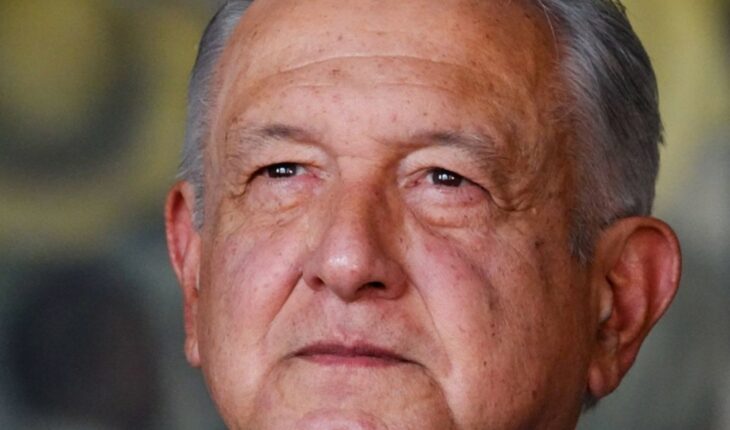“The revolution of consciences has reduced political illiteracy to a minimum.” Andrés Manuel López Obrador
All of Mexico’s presidents have offered extraordinarily optimistic views of their government actions in their reports. Andrés Manuel López Obrador, however, surpasses them all. His reports, and he has accumulated 15 in three years and 10 months, of which yesterday’s was the fourth among those mandated by the Constitution, are more optimistic than anyone. When he says that “We are not equal” he means perhaps that he is more triumphalist than any other president in history.
López Obrador’s official reports do not offer spectacular news or announcements, such as the nationalization of José López Portillo’s banking in 1982. They repeat, in effect, much of the information that he himself presents in his daily press conferences, even that which has already been questioned.
Yesterday, for example, AMLO reiterated the information he had already given in a morning according to which his government has improved the distribution of income. With information from the National Household Income and Expenditure Survey (ENIGH) of INEGI, he said: “We have managed to reduce inequality and poverty.” But only a very distorted reading of that INEGI study allows us to reach that conclusion.
There is, indeed, a minuscule 1.3 percent increase between 2018 and 2020 in the income of the poorest 10 percent of households. The income of the richest decile, on the other hand, fell 9.2 percent, so their average income fell from 18 to 16 times that of the poorest decile. However, the president failed to acknowledge that 90 percent of households, including most of the poor, suffered a reduction in their income. It is paradoxical to assume that an impoverishment of nine out of 10 families is a triumph for equality.
It is false, on the other hand, that poverty has fallen. According to Coneval, between 2018 and 2020 general poverty went from 41.9 to 43.9 percent of households, which means an increase from 51.9 to 55.7 million people. Extreme poverty, suffered by families who cannot even feed themselves adequately, went from 7 to 8.5 percent of families, or an increase from 8.7 to 10.8 million people. Perhaps the president could have argued that this setback was a product of the pandemic, but not to say that inequality and poverty fell.
Other claims in the report are equally questionable. The president claimed, for example, that “public investment has reactivated the construction industry.” Whoever knows the figures, for example, those published by INEGI, knows that construction is at an abysmally low level compared to its levels of 2018 and previous years. It is true that public investment can be a multiplier of total investment, as the president said yesterday, but his government has barely invested 2.5 percent of GDP, against 2.9 percent of Enrique Peña Nieto in 2018 or 6 percent of the hated Felipe Calderón in 2009.
These are just a few brushstrokes of an avalanche of optimistic data in the fourth report that are at least questionable. And I’m sorry there are so many, because really, as the president said, we’re living in a time of great opportunity, only many are being wasted.
I welcome the fact that López Obrador is “well and good”; but a little more realism would have helped to highlight the real achievements, which there are, and to target the many points on which his government is being left to duty.
Exercise
I remember the times when there was a real Republican exercise and the president gave a government report in a joint session of Congress with the presence of all the legislators. Today the report is sent with its own and the presidential message is attended only by the unconditional.
Original source in Spanish





